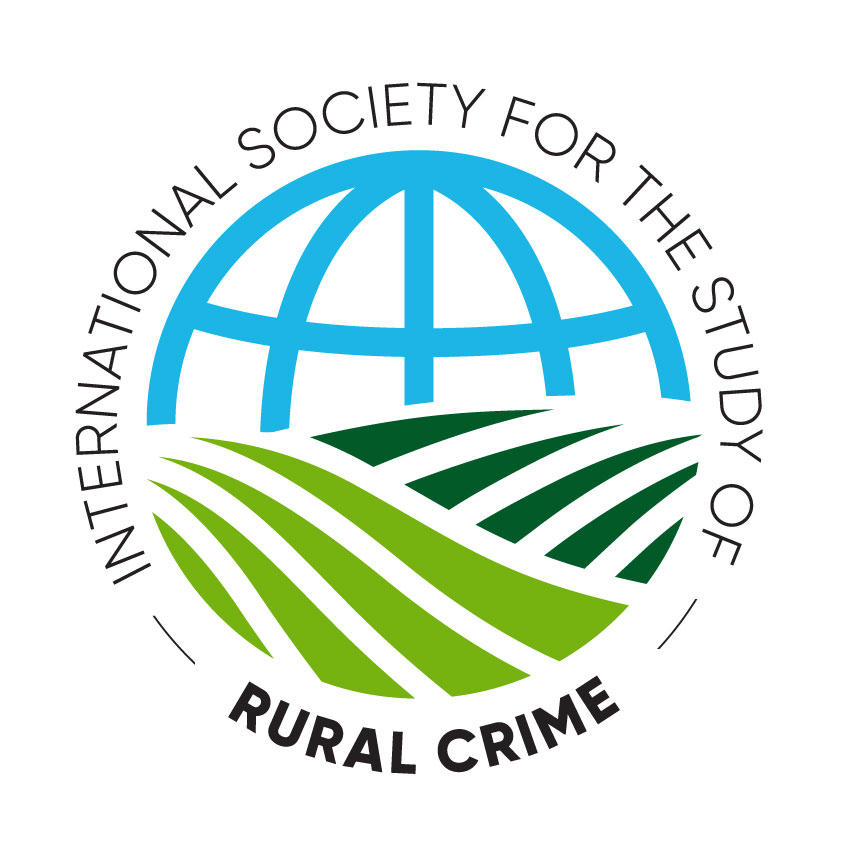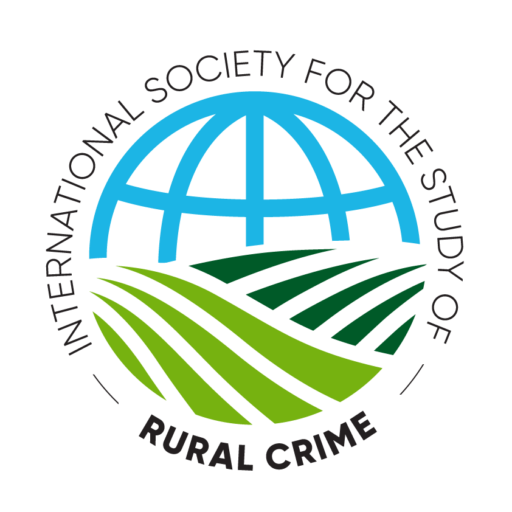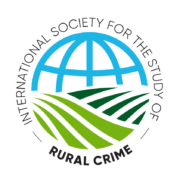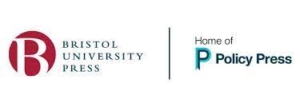OUTSTANDING WINNERS OF AWARDS PROGRAM ANNOUNCED
The International Society for the Study of Rural Crime (ISSRC) is made up of scholars, students and practitioners from around the world with an interest in research aimed at reducing the scourge of crime in all its forms in rural areas.
The Society launched its annual awards program in 2020, offering awards in three categories.
- The Joseph F. Donnermeyer New Scholar Award
- The ISSRC Research Student Award
- The ISSRC Policy, Practice and Engagement Award
The President of the Society, Emeritus Professor Joseph F. Donnermeyer, said the field of applications for each award category in 2021 was very strong.
“The judging panels had their work cut out this year”, Professor Donnermeyer said.
“Applications were of a very high calibre, showing that the future of the Society and of rural crime studies is in excellent hands.
“I was impressed with the innovative ways which applicants are thinking about how we can tackle crime in rural places – both in a scholarly way but also important practically as well.
“It’s one thing to sit at a desk putting thoughts to paper. It’s another thing altogether to think cleverly as to how these ideas can help shift policy and practice.
“On behalf of the Society’s membership, hearty congratulations and hats off to the three 2021 award recipients!”, Professor Donnermeyer said.
Winners receive a certificate, a cash prize and a book voucher kindly dontaed by Britsol University Press.


The 2021 ‘Joseph F. Donnermeyer New Scholar Award’ is presented to:
Dr Tarah Hodgkinson, Wilfrid Laurier University, Ontario, Canada.
Tarah is a very productive scholar, and has written rural-focused articles in both an Australian and Canadian context. She has an impressive track record, with 25 journal articles, 6 book chapters and 11 other publications. She has also received international awards, showing her impact and reputation on this level. Her funding to date is also noteworthy.
In the co-authored article she submitted, Tarah identifies a research and evidence deficit in the topic studied; fear of crime in non-urban contexts. She talks about contributing factors such as neglect of the rural in research and the myth of rural idyll, and points to need to examine rural, including in relation to differences in crime decline. Overall, there is a clear contribution to rural criminology (and there are both research and practice implications and contributions) and she is an incredible early career researcher.
The panel was able to see how Tarah’s work has not only made an impact as an academic but also in the applied sense as a crime prevention practitioner.
The 2021 ISSRC Research Student Award is presented to:
Cecili Doorewaard, University of South Africa
The panel was unanimous in their decision of awarding Cecili the ISSRC Research Student Award for 2021. The Research Student Award is given to research student (Honours / Masters / PhD student) for a sole-authored piece of writing associated with their research (unpublished or published) in rural criminology.
While all of the applications produced excellent work, Cecili’s research stood out in large part due to its novelty, depth of insight and, ultimately, significant contribution to the field of rural criminology. Specifically, her study explored, describe and explained the criminal behaviour associated with livestock-theft. While farm crime is a field with a relatively healthy empirical basis, very little is known about the perpetrators of these crimes themselves. Cecili’s work therefore provides new insight into offender characteristics, modus operandi and motive.
Importantly, Cecili took these findings and considered them in the context of criminological theory to help explain the how and why of livestock theft, and what drives offenders to commit such acts. Needless to say, such information is valuable from the perspective of policy and practice. To this end, Cecili also drew on these important findings to make a number of key recommendations to enable the criminal justice system and livestock owners to tackle live-stock theft. In short, this work deserves to be recognised and awarded and rural criminologists more broadly would do well to follow Cecili’s lead and consider criminal behaviour associated with livestock-theft from a comparative international perspective.
The 2021 ISSRC Policy, Practice and Engagement Award is presented to:
The New South Wales Police Force Rural Crime Prevention Team (Led by Det Insp Cameron Whiteside)
In aggregate, the NSW Rural Crime team is outwardly focussed, such as with their involvement with student learning, engagement with academia, interactions with farmers and so on. They have developed a clear leadership role in Australia and New Zealand, notably with the creation of a nationally accredited course, as well as the information booklet. Clear evidence is provided on a range of initiatives which are innovative and aimed at addressing rural crime in NSW (but with national/international potential as well).
The team exemplifies the purpose of the Award – practical application from the law enforcement side that targets and aids potential victims in increasing security, works collaboratively with researchers and the educational environment (outreach through teaching as well). The level of innovation has made them a leader in Australia – policy, practice, and engagement all.




